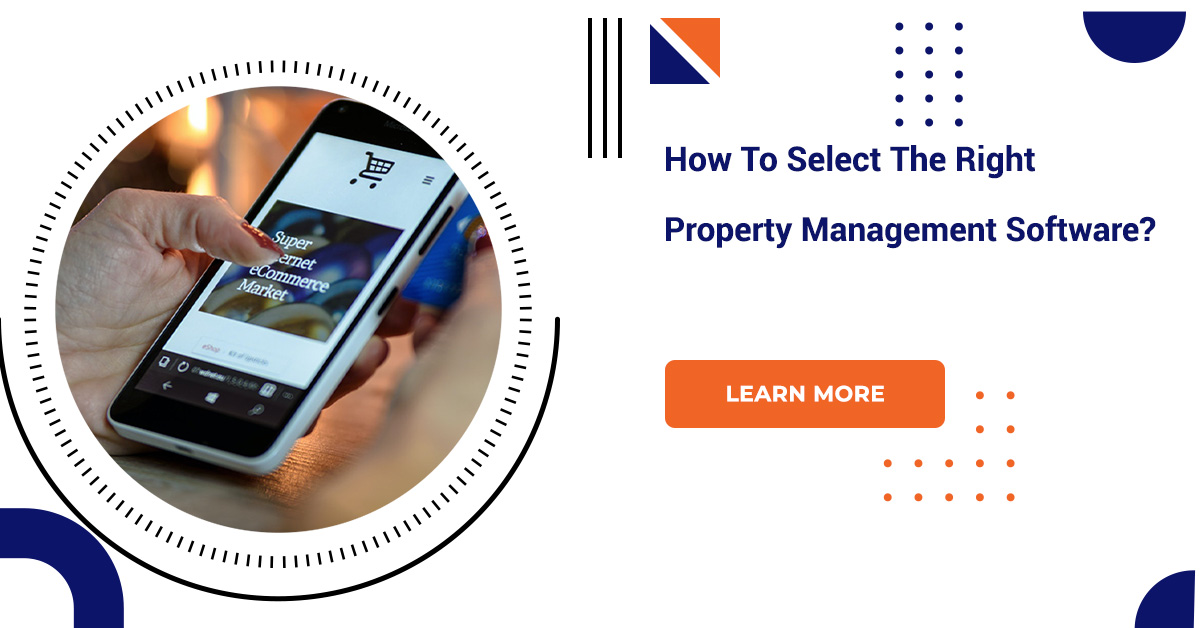How To Select The Right Property Management Software?
Selecting the right property management software is a critical decision for landlords, property managers, and real estate professionals. In today’s fast-paced digital landscape, the choice of software can significantly impact the efficiency and profitability of property management operations.
Property management software
How to choose right software?
Choosing the right software involves a careful evaluation of your specific needs and objectives. Start by defining your requirements, considering factors such as functionality, scalability, user-friendliness, and compatibility with existing systems. Research and compare available options, reading reviews, seeking recommendations, and considering the software’s reputation and support.

4 step review process
- Find out what you need the software to do for your business, such as the tasks that are critical and other services that you don’t do well right now – lease management.
- Find out if and how it helps you meet your state regulatory and financial requirements.
- Determine its accounting power and whether it can help you effectively manage your expenses for each individual property.
- Determine whether it saves you time on administration or is built to rob you of money with escalating fees.
Types of software do you need for property and real estate management
Scheduling
Scheduling is the process of systematically organizing and managing activities, tasks, or events within a specified timeframe. It plays a crucial role in personal and professional life, helping individuals and organizations allocate their resources, time, and priorities effectively.

Real estate showings and tours
Real estate showings and tours are integral components of the property buying and selling process, offering prospective buyers the opportunity to explore homes and properties firsthand. These events provide a tangible experience that goes beyond online listings and photographs, allowing potential buyers to assess the property’s condition, layout, and ambiance.
Transportation and routing
Transportation and routing play pivotal roles in modern logistics and supply chain management. They are essential components that ensure the efficient movement of goods, people, and information from one location to another. Transportation encompasses various modes such as road, rail, air, and sea, each offering its own advantages and constraints.
Billing & accounting
Billing and accounting are essential components of financial management for businesses and individuals alike. Billing involves the process of generating invoices or statements to request payment for products or services rendered, ensuring accurate and timely billing is crucial for maintaining healthy cash flow.

Records-keeping
Records-keeping is a fundamental aspect of efficient and organized information management within organizations and institutions. It involves the systematic collection, storage, and retrieval of data and documents to ensure accountability, compliance, and accessibility.
Tenant management
Tenant management is a critical aspect of property and real estate management, encompassing a range of responsibilities aimed at ensuring the smooth and efficient operation of rental properties.
Conclusion
If you decide to build your own property management software, you should also consider the experience of the developer you engage to create the solution. It’s worth finding out if your software will be built around the needs of commercial property management companies, created and developed by a team with deep knowledge of the market.







